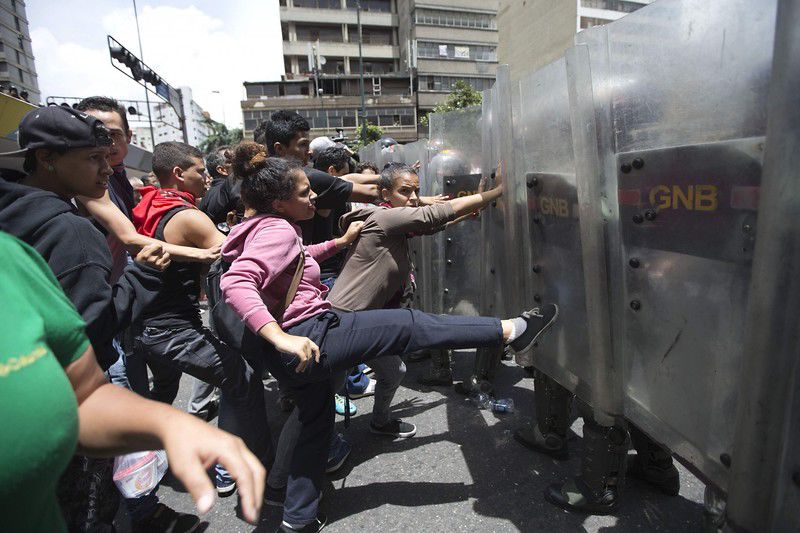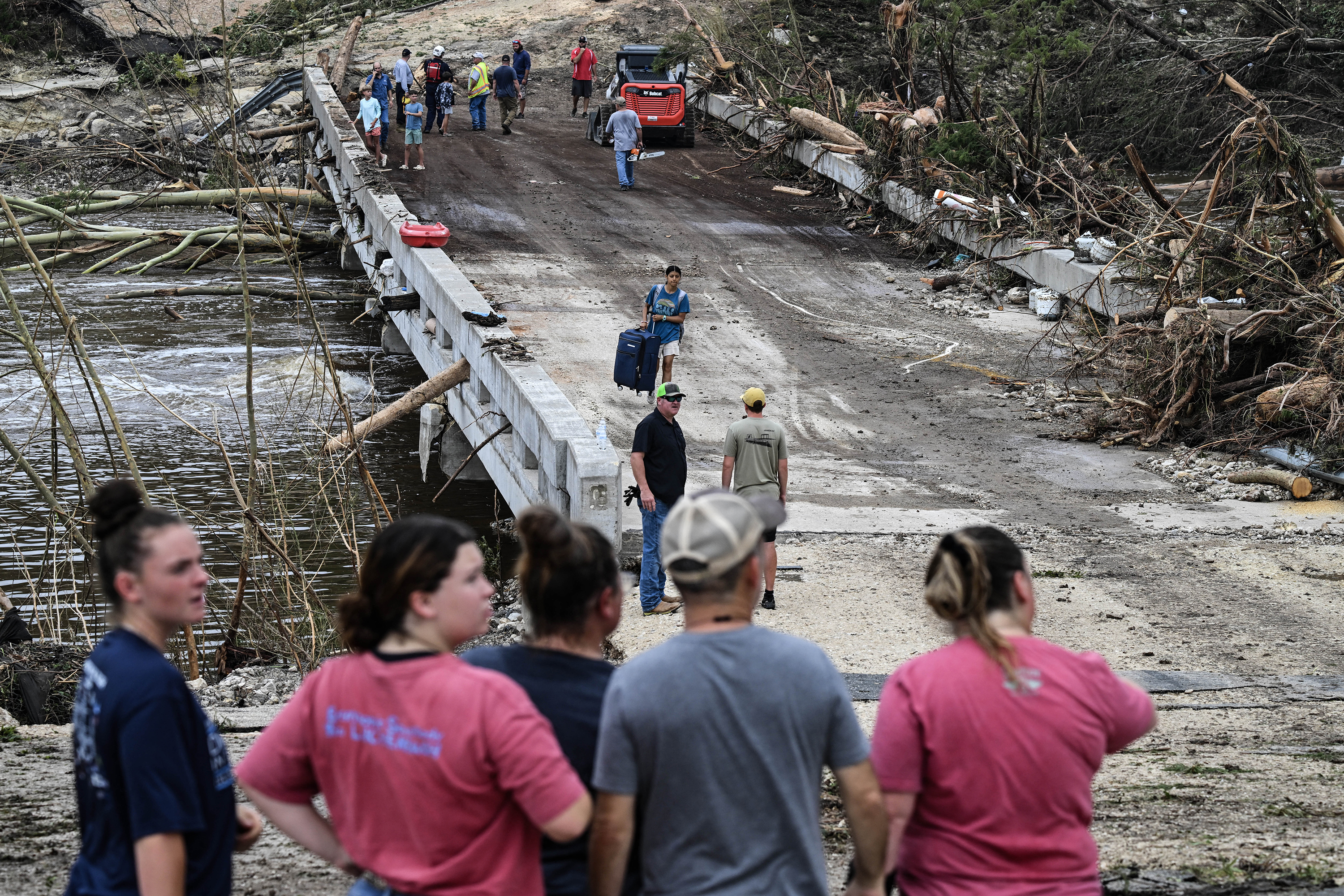Editorial: There’s no need to sanction Venezuela’s oil sector
Published 1:33 pm Friday, August 4, 2017

- AP file photo.
The Trump administration is considering sanctions against Venezuela’s oil sector. That’s both unnecessary and counterproductive. Venezuela’s own government is succeeding in bringing down the once-prosperous nation. And U.S. sanctions will only give the criminal Maduro regime a convenient scapegoat.
“The Trump administration is considering imposing U.S. sanctions on Venezuela’s vital oil sector in response to last Sunday’s election of a constitutional super-body that Washington has already denounced as a ‘sham’ vote, U.S. officials said,” the Reuters news agency reports. “The measures, which could be announced as early as Monday, are not expected to include a ban on Venezuelan oil shipments to the United States – one of the harshest options – but could block sale of lighter U.S. crude that Venezuela mixes with its heavy crude and then exports, the officials told Reuters.”
Writing for the Houston Chronicle, former ambassador Ken Blackwell explains why this is a bad idea.
“Venezuela is in an economic and humanitarian free-fall and it’s getting worse for the socialist nation,” he writes. “But what most people don’t realize is how Venezuela’s astounding political and social collapse could negatively affect America if the United States imposes rushed or ill-advised sanctions against the struggling nation… What’s left of the Venezuelan economy – and its only real chance for survival – is its oil industry. Venezuela produces 1.9 million barrels of crude oil a day. While that is an impressive figure it’s actually a troubling decline in production. Just two years ago Venezuela was producing 2.5 million barrels of crude each day.”
Although the shale revolution has enabled U.S. production to grow, that Venezuelan oil is still important, he said.
“Shutting down oil imports from Venezuela would idle a substantial amount of work for American refineries and could easily increase domestic gasoline prices for everyone,” Blackwell writes. “The U.S. would have to scramble to find other countries/markets to make up for the difference in lost Venezuelan crude oil and that could cost American energy jobs in the interim.”
Sanctions could bring Venezuela’s economic problems to our own doorstep, he added.
“People in dozens of coastal communities will have less money to spend on the goods and services they need,” Blackwell writes. “Small communities along our Gulf and East coasts that depend on a robust energy industry would be negatively affected. The local coffee shop, restaurant, or small business in Texas, Virginia, Louisiana, and many other states would easily feel the effects of a Venezuelan oil embargo.”
Finally, we should learn from our history of missteps in Cuba. The Cuban embargo never topped the Castro regime, and in fact provided a convenient scapegoat. Fidel and later Raul Castro used the embargo to explain away the communist country’s shortages and to justify violent oppression of dissenters.
And as Blackwell points out, sanctions could push Venezuela further toward Russia and China.
“Actions to limit or halt Venezuela’s oil exports to the U.S. could motivate President Maduro to become an even stronger ally of nations seeking to undermine the U.S. economy,” he writes.
Venezuela is collapsing. It doesn’t need our help.






